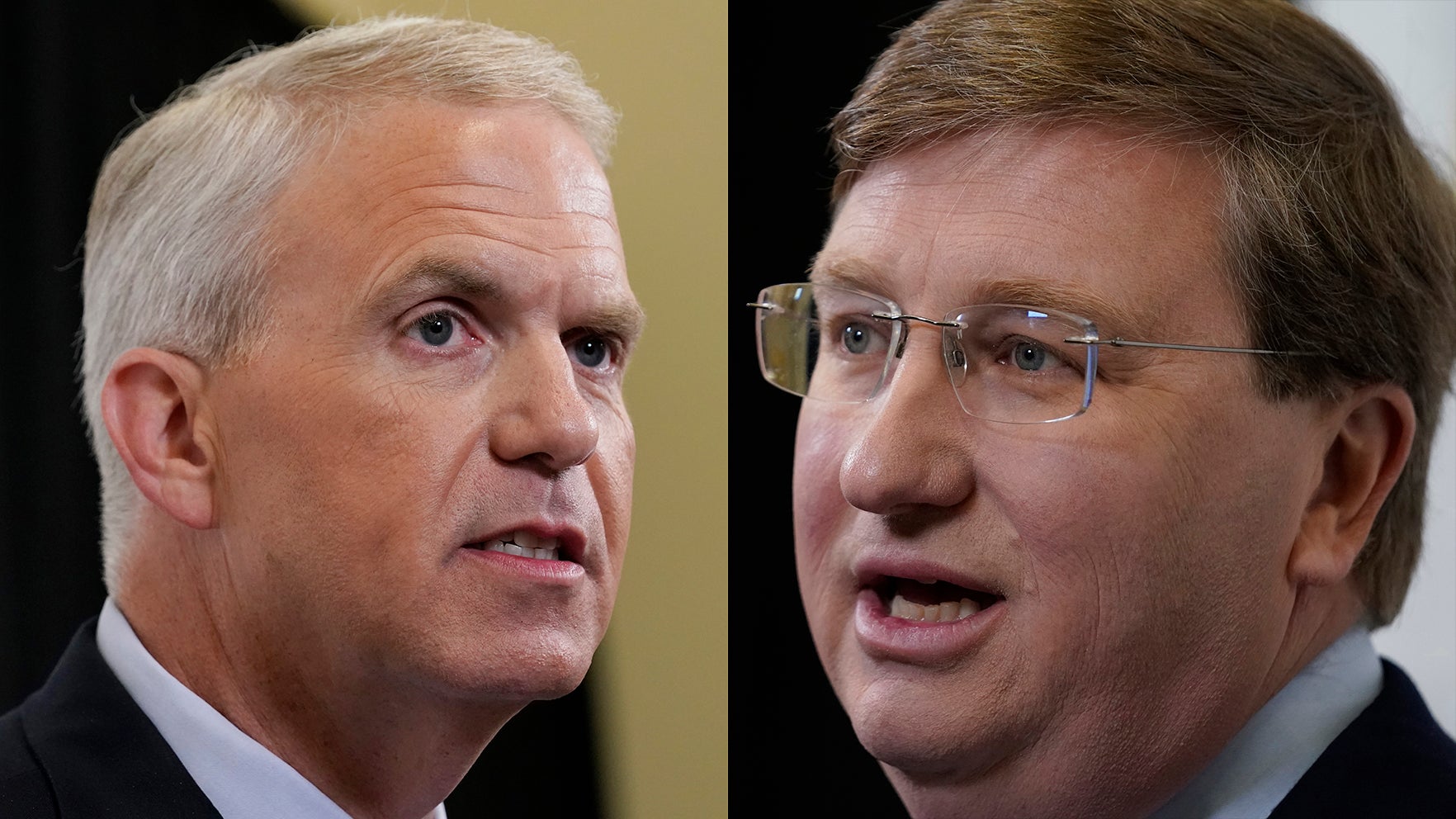Attorney general: Secrecy in road inquiry won’t withstand legal order
Published 10:08 am Friday, August 31, 2018
JACKSON, Miss. (AP) — Mississippi’s attorney general says that as he investigates whether Lt. Gov. Tate Reeves improperly pushed a $2 million road, lawmakers may not be able to cite rules that allow secret records.
Jim Hood told the Clarion Ledger on Thursday that such rules would not hold up under a court order or subpoena.
“The Senate rules will not protect them from a court order to disclose any and all records pertaining to this civil inquiry,” Hood said in a statement.
“Anyone who refuses to disclose or destroys such evidence would be subject to contempt or other civil proceedings. If any criminal investigation caused a grand jury subpoena to be issued for these records, destruction of such evidence could be considered obstruction of justice.”
Hood, a Democrat, was responding to the refusal by Senate Rules Committee Chairman Terry Burton to provide the records. The Newton Republican cited Senate rules making internal records confidential. The Legislature exempts itself from Mississippi’s open records law.
No legal document has emerged yet demanding records. Hood announced a civil inquiry in July. That came after the newspaper quoted Mississippi Department of Transportation Executive Director Melinda McGrath as saying the road was unneeded and being built only because of political pressure “from the Senate side,” which is led by Republican Reeves.
Work on the road, including buying right of way for more than $300,000, was halted indefinitely by state transportation commissioners after the Clarion Ledger article.
Hood sent a “litigation hold” to Reeves, state senators, staff members and others on July 18 announcing an investigation and warning them not to destroy any records about the project.
Reeves denies that he or his staff were involved. In a July 26 letter to Hood, Reeves said that lawyers advised him that Hood’s request for records and retention carries no legal weight with the Senate. But Reeves said he looked voluntarily and could find no records.
Reeves agrees the Legislature forced the Transportation Department to move a $46 million project to widen Mississippi 25 near his home ahead of other roadwork statewide. But he said he knew next to nothing about the inclusion in the larger project of a special road giving his gated subdivision easier access the highway.
However, documents obtained by the Clarion Ledger show his office knew about the road in its initial stages as Reeves pushed for the overall project.
Hood on Thursday cited state law saying he could sue if the state misspent money through “illegal contracts, fraud, false pretense or any other criminal act.” He also cited state ethics law giving him power to sue official or legislator “using his office to further his own pecuniary interest.”
Hood also said legislators shouldn’t hide behind their exemption from open records law to keep people from knowing who influences legislation, saying they should be subject to the law “just like every state, county and municipal elected official.”
Hood and Reeves could face each other as candidates for governor in 2019. Reeves has accused Hood of “grandstanding” and trying to score political points with his investigation. Reeves has called the Clarion Ledger’s reporting “false and discredited.”




